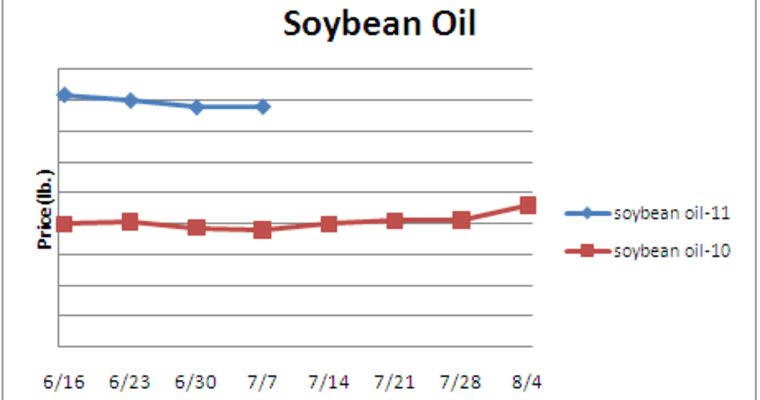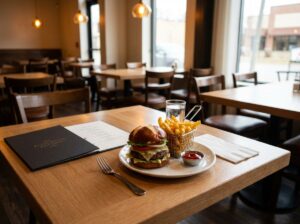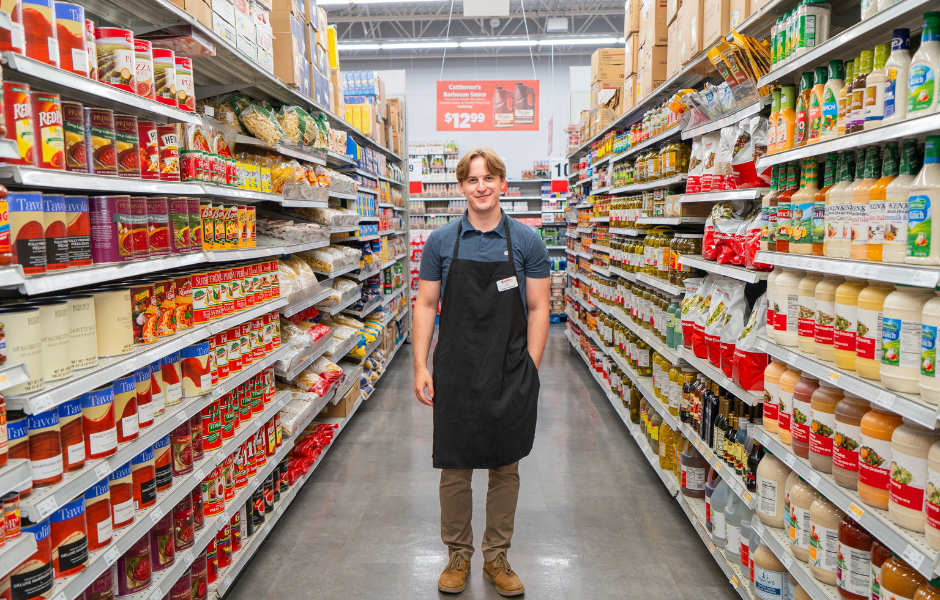If you ever took a Business 101 class, you know this lesson by heart: You must differentiate your restaurant business to give customers a reason to choose you over the competition. It’s likely that many restaurants in your area operate in the same segment, serve a similar cuisine, and target the same clientele you do. What makes you different? If your restaurant is very similar to your competitors, how are you going to stand out?
Here are a few ideas to help you differentiate your restaurant business:
Asking Your Customers
Ideally, you have a firm grip on what differentiates you from the places down the street, and you’ve made it the cornerstone of your brand. If not, it’s time to do some soul searching. And what better way to do that than by asking your business’ most important critics – your customers.
Ask for Feedback
Ask customers and employees for their opinions. Your differentiator must be relevant to them, and it must be true. Don’t assume the differentiator you’ve identified is either of those things. It can be tough to be objective about your own business—sometimes we see what we want to see.
Analyze Your Menu
Food is one of the primary ways restaurants differentiate themselves, so an analysis of your current menu may be needed. Discovering the “stars” (high-selling, high-profit items) and “dogs” (low-selling, low-profit items) on your menu can shine a light on what your customers really think of your food.
Survey your market
Determine what your competitors are doing to differentiate themselves. You don’t want to position yourself as the family-friendly pizza parlor if somebody else in town has already staked that claim—unless they’re doing it badly, which can be an opening for you. Just avoid mentioning the competition by name; that can be more trouble than it’s worth. Don’t stop with the current competition either. Keep your ear to the ground to get the early scoop on who else might be coming to town.
Harness On Trend Ideas
Flavor Innovation
Both the global research firm AlixPartners and the Chicago-based research firm Technomic Inc. identify flavor innovation as a key differentiation strategy for restaurateurs. According to Technomic’s 2013 Flavor Consumer Trend Report, 73 percent of consumers who try an item with an innovative flavor and enjoy it are highly likely to return for the same item. Forty-one percent say new flavors can influence their dining decisions.
Craveability
According to Technomic’s most recent Menu Positioning & Occasion Driver Consumer Trend Report, 83 percent of consumers say cravings are the main reason they purchase food away from home at least once a month. Cultivate craveability, Technomic advises, by developing and refining “unique signature items that have the power to transform guests into regulars.”
Authenticity
“Convince me it’s real” is one of Technomic’s top-10 restaurant trends for 2014. Diners want menus to thoroughly describe dishes, listing ingredients, where they came from, and how they were prepared. Tell your customers how and why you use authentic recipes and local, imported, or unique ingredients.
Sustainability
In addition to eco-friendly ingredients and practices, how companies treat their employees and their communities is important. There is tremendous marketing value in being a great place to work, and a true business objective differentiator.
Technology
Operators who enable customers to use technology, notably smartphones and tablets, are positioning their restaurants as more progressive, more efficient, and more customer-friendly.
Meal Customization
In addition, the firm predicted that higher levels of meal customization and demographic tailoring (e.g., meeting the needs of specific subsets, such as millennials and Hispanic populations) will be greatly valued by customers going into 2014 and beyond. You can have more than one differentiator. But don’t let the message get muddled. You should be able to clearly and simply communicate the differentiator(s)—through your menu, staff, décor, and marketing vehicles. Customers should be able to “get it,” just as they would from a few words on a billboard as they speed past.
Every operator can’t be the first or the biggest. But every operator can offer something unique and different.











